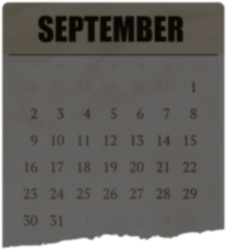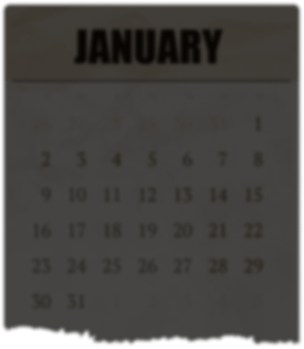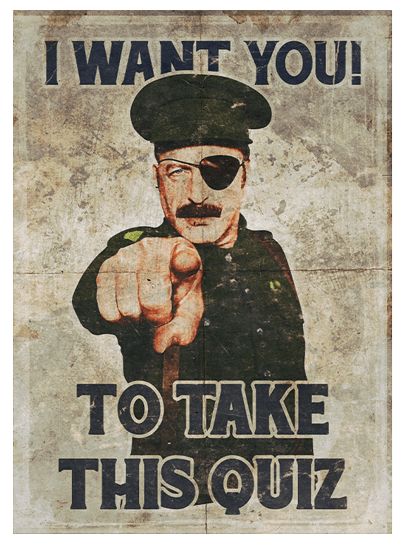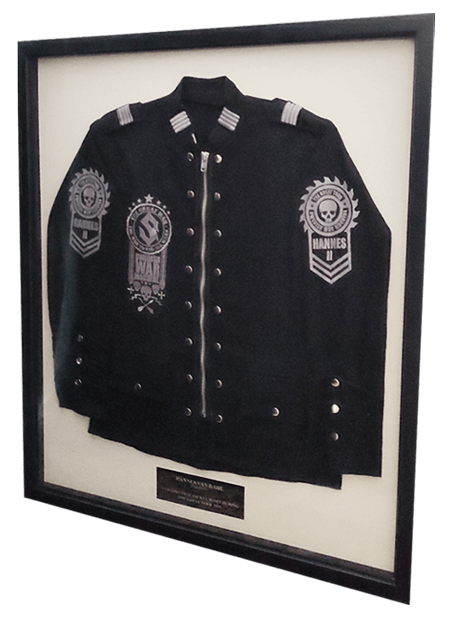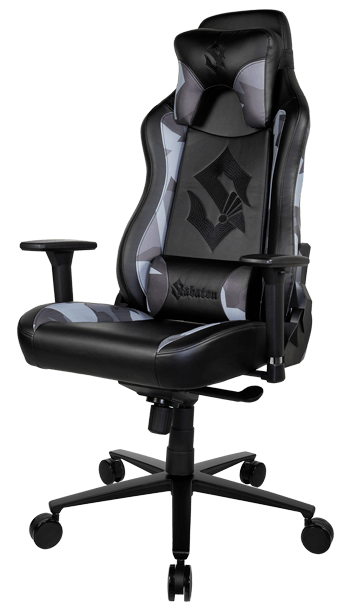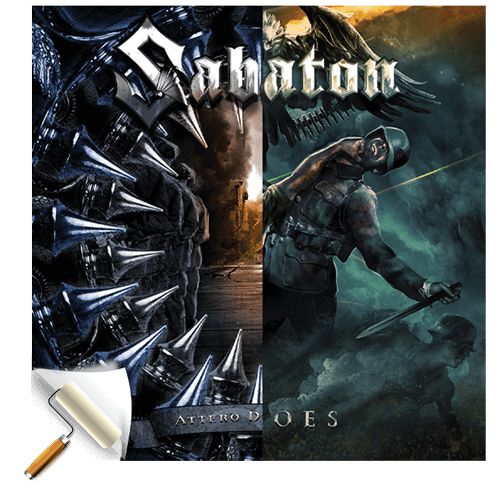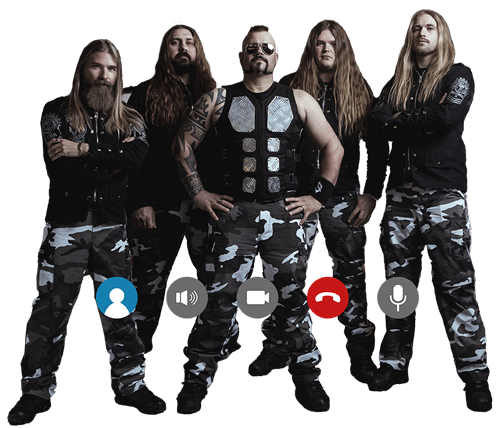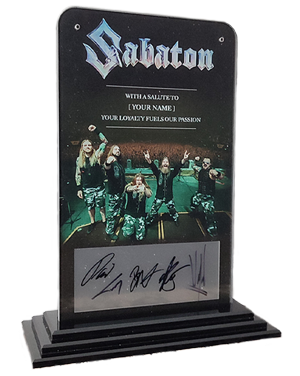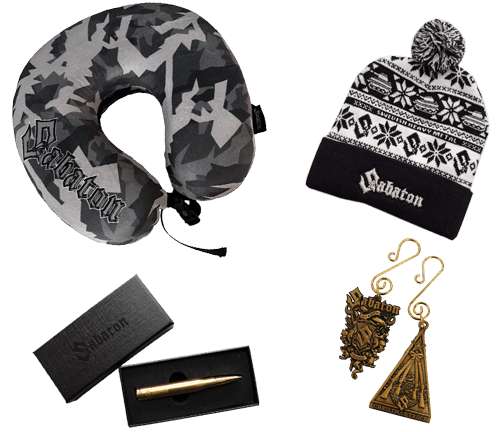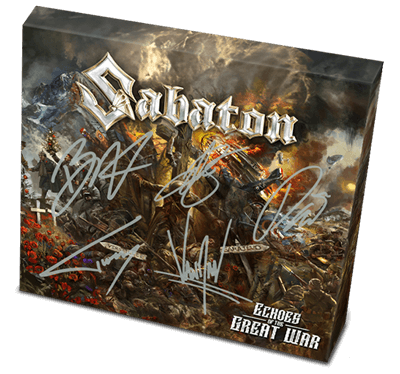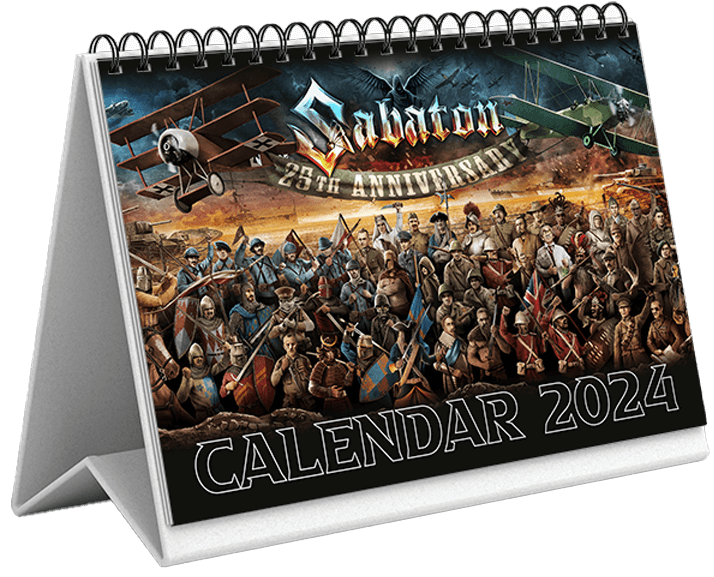Hellfighters
The men of the US 369th Infantry Regiment were referred to as the “Hellfighters” by the Germans in World War 1. Today, they are remembered as the “Harlem Hellfighters” and are known for being under fire for 191 days (six months straight) – the longest deployment of any American unit during the Great War. But, despite this, they never lost a foot of ground and not a single man was taken prisoner.
The history behind the unit
The unit was originally the 15th infantry regiment of the New York National Guard. It was created before the war broke out following pressure from people in black communities who wanted to serve in the US National Guard. When the US joined the war and began sending troops to Europe in 1917, the 369th was shipped out on December 27. They arrived in France on New Year’s Day, 1918, and joined the 185th infantry brigade. Their unit was not given combat training. They were instead assigned manual labour such as digging latrines, and they experienced a great deal of racial harassment from army officials.
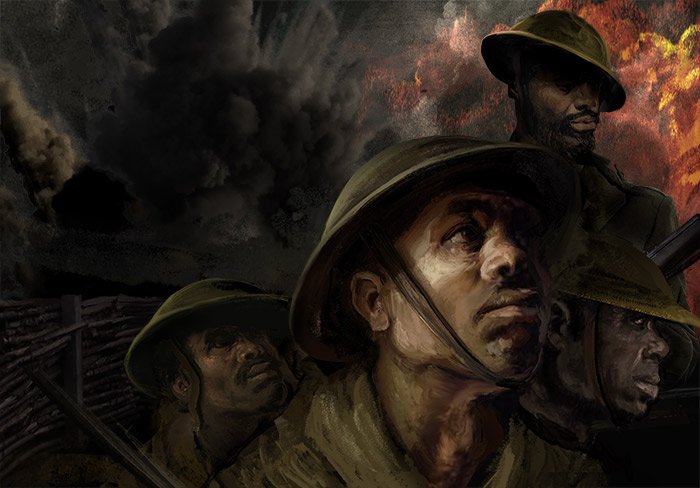 American Commander, John Pershing, “loaned” the 369th to the French 161st division in April, and it was only after that they would begin to earn their combat honours. The unofficial reason for this loan was that some white soldiers refused to serve alongside African Americans. In fact, the American Expeditionary Force even released a pamphlet to the whole French Army titled “Secret Information Concerning Black American Troops”, or SICBAT. SICBAT requested that the French troops – most of whom did not share the prevalent racist views of their American counterparts – stop treating African Americans as equals. It warned of their tendency towards rape, claiming: “The black American troops in France have, by themselves, given rise to as many complaints for attempted rape as the rest of the army.” This was of course not true.
American Commander, John Pershing, “loaned” the 369th to the French 161st division in April, and it was only after that they would begin to earn their combat honours. The unofficial reason for this loan was that some white soldiers refused to serve alongside African Americans. In fact, the American Expeditionary Force even released a pamphlet to the whole French Army titled “Secret Information Concerning Black American Troops”, or SICBAT. SICBAT requested that the French troops – most of whom did not share the prevalent racist views of their American counterparts – stop treating African Americans as equals. It warned of their tendency towards rape, claiming: “The black American troops in France have, by themselves, given rise to as many complaints for attempted rape as the rest of the army.” This was of course not true.
The pamphlet also requested that the French troops not eat meals or shake hands with them, nor commend them too highly, as this would lead to them thinking themselves more important than they were, and that could be harmful to American society after the war.
Despite this, the French Army welcomed the reinforcements with open arms. They’d been fighting and dying on their own land for three years by that point and new soldiers were a godsend.
In mid-April, the 369th was assigned to a 4.5 kilometre stretch of the front in the Argonne, under the command of French General Henri Gouraud, and they were issued French rifles and helmets. Their motto was “God Damn, Let’s Go”. They still did not receive combat training, though.
As mentioned before, the unit served once for over 6 straight months, and they suffered 1,300 casualties during that time – the most of any US Army regiment. Yet, despite their obvious bravery, they were not well treated. Combat troops were sometimes taken out of the line to serve as orderlies; pay was stopped for nearly the entire regiment at one point; and they had to endure things like that quite often.
And it wasn’t just during the war, either. When they left France to go home in early 1919, their regimental band wasn’t allowed to play as they marched to the transport ship. It was February by the time the Harlem Hellfighters returned to New York, and they had a victory parade along 5th Avenue led by Sgt. Henry Johnson. The parade showcased that despite what had happened overseas, it was not reflected back at home, since the parade was all-black. The Hellfighters and the other African American regiments were not allowed to participate in the main victory parade; that was strictly segregated.
Henry Johnson
Having said that, they were the first New York unit to return home and they were placed on the permanent list, like other veteran units. The French government, by the way, awarded the Croix de Guerre (its highest military honour) to 170 soldiers of the 369th, including Henry Johnson, the parade leader, who was the first American to receive that award for their efforts and their achievements during the war.
Johnson performed some of the most remarkable feats of this or any other war in May 1918. He was a private at the time.
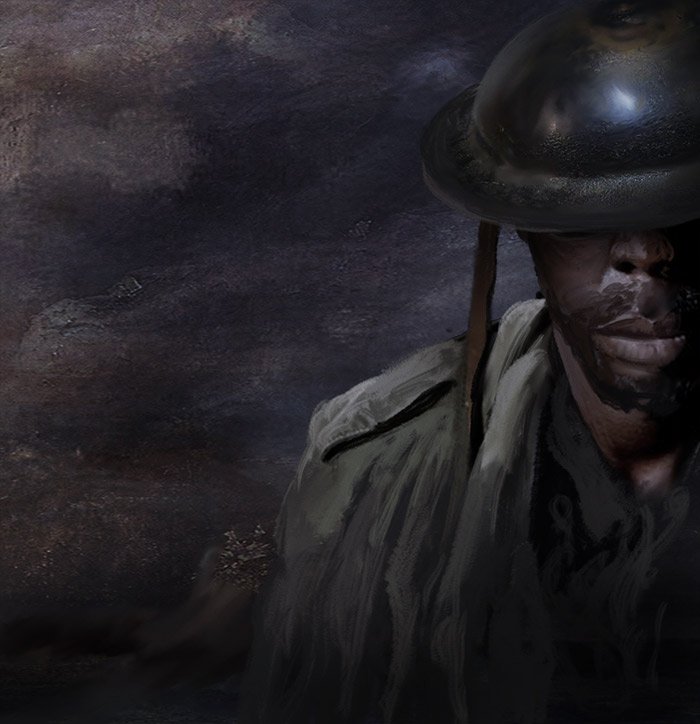 On the night of May 14, he and another Private, Needham Roberts, were on sentry duty. The two came under fire from German snipers and were pinned down in their dugout. They lined up a box of grenades to be ready in case the Germans raided them. Just after 02:00, Johnson heard wire cutters at the perimeter fence, and he told Roberts to hightail it back and alert the French. Then after Johnson threw a grenade, the Germans retaliated with grenades and gunfire. Roberts turned back to help Johnson but was hit by grenade shrapnel and was badly injured. Johnson managed to get him back to the dugout, but now they were outnumbered by 20-30 Germans coming from multiple directions. Johnson ran out of grenades and even took a few bullets, but he kept on firing his rifle into the darkness until it jammed when he accidentally loaded French ammunition into the American rifle.
On the night of May 14, he and another Private, Needham Roberts, were on sentry duty. The two came under fire from German snipers and were pinned down in their dugout. They lined up a box of grenades to be ready in case the Germans raided them. Just after 02:00, Johnson heard wire cutters at the perimeter fence, and he told Roberts to hightail it back and alert the French. Then after Johnson threw a grenade, the Germans retaliated with grenades and gunfire. Roberts turned back to help Johnson but was hit by grenade shrapnel and was badly injured. Johnson managed to get him back to the dugout, but now they were outnumbered by 20-30 Germans coming from multiple directions. Johnson ran out of grenades and even took a few bullets, but he kept on firing his rifle into the darkness until it jammed when he accidentally loaded French ammunition into the American rifle.
The Germans were right on top of him after that, so he used the rifle as a club until the stock splintered. Johnson took a blow to the head and he went down, but when the Germans tried to grab Roberts, Johnson got up again and attacked them with his bolo knife, the only weapon he had left. He wounded one German, killed another, took a pistol shot to the arm, and stabbed yet another German who’d climbed on his back. When the Germans realised the French and Americans were arriving on the scene, they fled. Johnson had reportedly killed 4 Germans and wounded over two dozen, and he himself sustained 21 wounds. You can imagine the praise he received for this, but he said later: “There wasn’t anything so fine about it. Just fought for my life. A rabbit would’ve done that.”
He was given the nickname “Black Death” after this, and he would go on to do lecture tours postwar. On these tours he was supposed to talk about racial harmony in the trenches, which was a huge lie, and in some places he definitely did not do this, talking instead about the abuse and harassment he and his comrades endured. Now, contrary to what multiple sources claim, he did receive disability pay from the US Government, but also contrary to multiple sources, when he died in 1929, it was from myocarditis and not alcoholism.
Henry Johnson was not awarded any medals by the US army or the US government until long after his death.
The regimental band that travelled the world
Back to the unit’s regimental band. One may not consider it a big deal that they weren’t allowed to play on the march to the ship, but their band was a big deal.
Like other regimental bands, they played to boost morale, but unlike other bands, by the end of the war they were one of the most famous bands in all of Europe. In early 1918, they travelled thousands of kilometres playing for British, French, and American military and French civilian audiences. They introduced early jazz music to Europe, which was major.
James Reese Europe, the leading figure of New York’s African American music scene during the teens, was their bandleader. His story ended tragically though. He was stabbed by one of his musicians on May 9, 1919, in an argument during a show’s intermission. But since the wound was inflicted with a penknife, he and his bandmates thought it was merely superficial. He told the band to finish the show after the intermission, but the hospital was unable to stop his bleeding, and he died a few hours later. He was the first African American to have a public funeral in New York City.
The 369th Infantry Regiment’s story inspired our song ‘ Hellfighters ‘, which is featured on our album, The War To End All Wars. Take a look at the lyrics we wrote here.
If you’re interested in a more visual interpretation of this story, watch our Sabaton History episode, ‘Hellfighters – The Legend of the Harlem Hellfighters’:
